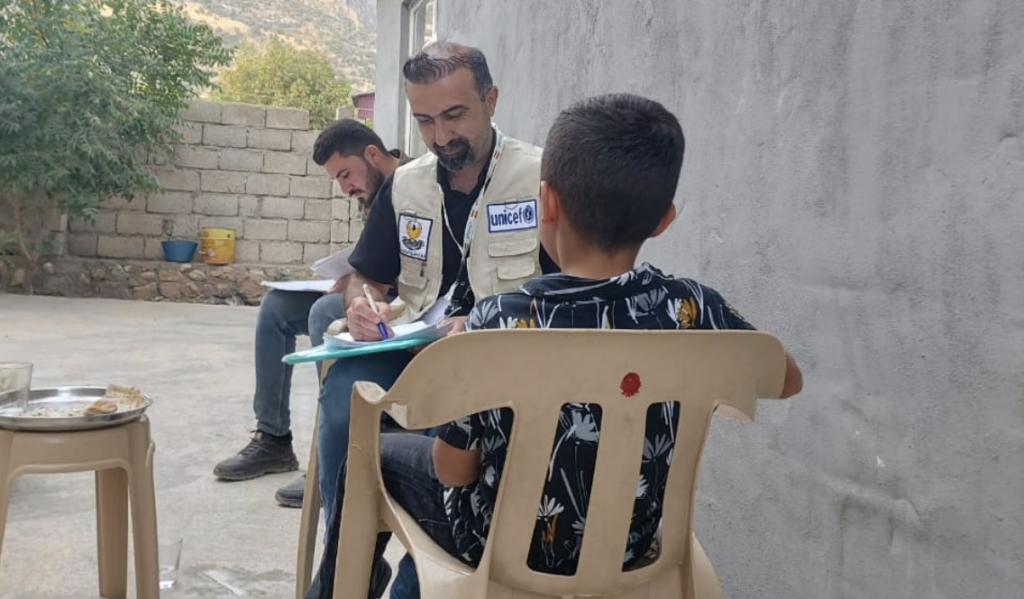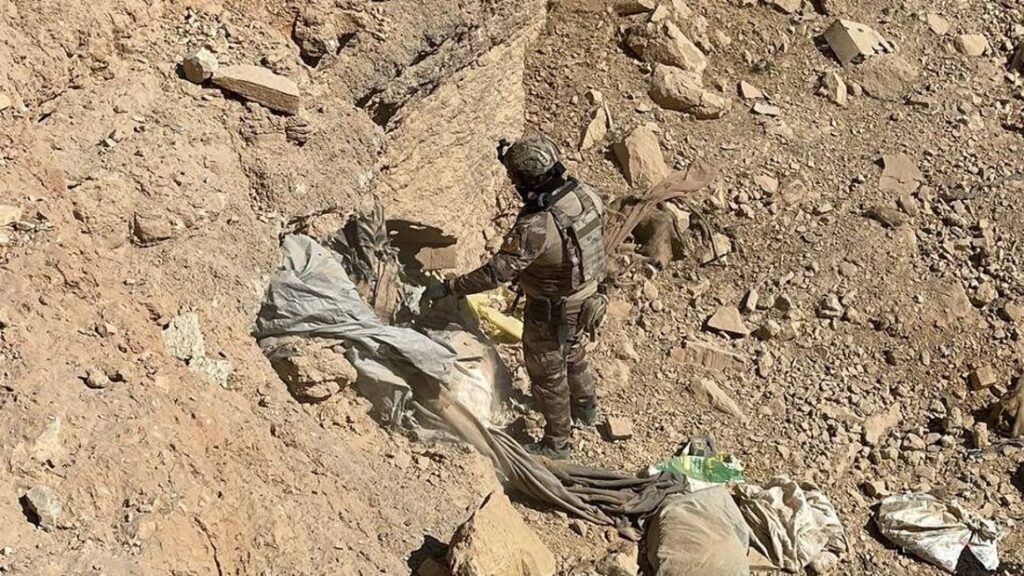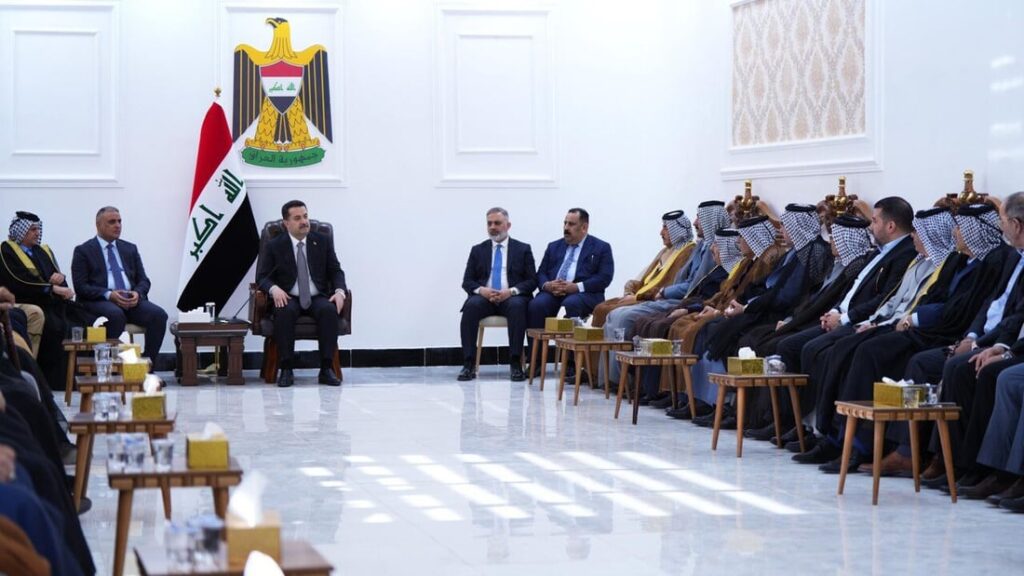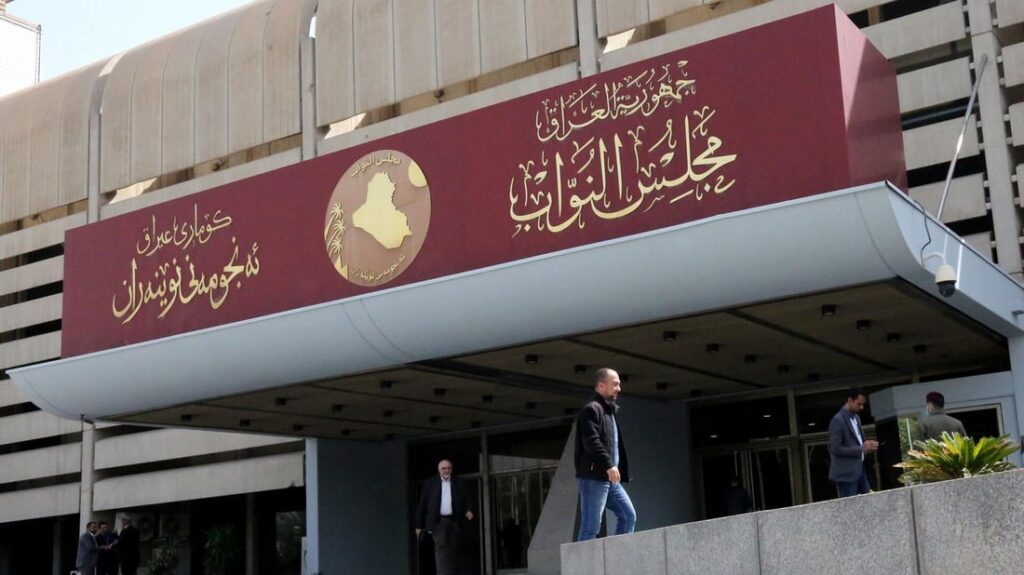Turkey’s Erdogan renews Syria ‘air and ground’ operation threat

ANKARA,— Turkish president Recep Tayyip Erdogan on Saturday renewed Turkey’s threat to launch an “air and ground” operation in Syrian Kurdistan (Rojava) against a Kurdish militia.
The president previously said that Turkey’s patience was wearing thin after Turkish and American officials agreed in August to establish a buffer zone in Syrian Kurdistan (northern Syria).
“We’ve made our preparations, completed our operation plans, given the necessary instructions,” Erdogan said during a televised speech, adding that the offensive could start “as soon as today, tomorrow”.
“We will conduct this (operation) on the ground and in the air,” he added, saying it would be east of the Euphrates river.
Kurdish authorities in northeast Syria denounced Erdogan’s comments and urged the international community to step in to stop a Turkish assault on Syrian territory under their control.
A statement said the “international community (must) put pressure on Turkey to stop it from carrying out any aggression”.
The Kurds also called on the European Union and the US-led coalition to help stop Erdogan’s threats, which they said “are dangerous and threaten the security and stability of the region”.
Erdogan has repeatedly threatened to launch a cross-border offensive and recently suggested that progress on the zone with the US was not developing as Ankara wanted.
While there have been joint US-Turkey patrols, Ankara wants to urgently establish a “safe zone” for the return of up to two million Syrian refugees.
But Turkey’s new emphasis on the refugee transfer, which would move large numbers of Sunni Arab Syrians into a traditionally Kurdish heartland in Syrian Kurdistan, could face resistance from allies opposed to changing the region’s demographic balance.
Turkey is home to more than 3.6 million Syrian refugees but there has been a growing public backlash against their presence.
Ankara wants to push the US-backed Syrian Kurdish People’s Protection Units (YPG) militia from its border, saying that the group is a “terrorist” offshoot of Kurdish insurgents in Turkey.
But the YPG has worked closely with American troops in the fight against the Islamic State group, recapturing territory from the jihadists in northern Syria.
Turkey has already launched two military incursions into northern Syria in the last three years and has stationed troops into the rebel-held Idlib region. It says preparations for another operation are complete.
In 2016, the Turkish troops entered northern Syria in an area some 100 km east of Afrin to stop the Kurdish YPG forces from extending areas under their control and connecting Syrian Kurdistan’s Kobani and Hasaka in the east with Afrin canton in the west.
In January 2018, Turkish military forces backed pro-Ankara Syrian mercenary fighters to clear the YPG from its northwestern enclave of Afrin. In March 2018, the operation was completed with the capture of the Kurdish city of Afrin.
The flags of Turkey and Syrian rebel groups were raised in the Kurdish Afrin city and a statue of Kurdish hero Kawa, a symbol of resistance against oppressors, was torn down.
Residents of the Kurdish city and Human right groups accuse Turkey and pro-Ankara mercenary fighters of ethnic cleansing, kidnappings for ransom, armed robberies and torture.
Turkey fears the creation of a Kurdish autonomous region or Kurdish state in Syrian Kurdistan could encourage separatism amongst its own Kurds, according to analysts.
Long marginalised, Syria’s Kurds have — beyond heavy campaigns against IS — essentially stayed out of the country’s eight-year civil war, instead setting up their own institutions in areas under their control.
They have been sidelined from UN-led peace talks as well as a parallel Russian-backed negotiation track, mainly due to objections by Turkey.
The United States views the YPG as a close ally in the fight against the Islamic State (IS) group.
The Kurdish PYD and its powerful military wing YPG/YPJ, considered the most effective fighting force against IS in Syria and U.S. has provided them with arms. The YPG, which is the backbone of the SDF forces, has seized swathes of Syria from Islamic State.
The Kurdish forces expelled the Islamic State from its last patch of territory in the eastern Syrian village of Baghouz in March 2019. But in December 2018 U.S. President Donald Trump abruptly announced the pullout from Syria.
Syria’s Kurds have established a semi-autonomous region in northeastern Syria during the country’s eight-year war.
In 2013, the Syrian Kurdish Democratic Union Party PYD — the political branch of the Kurdish People’s Protection Units (YPG) — has established three autonomous Cantons of Jazeera, Kobani and Afrin and a Kurdish government across Syrian Kurdistan in 2013. On March 17, 2016, Kurdish and Arab authorities announced the creation of a “federal region” made up of those semi-autonomous regions in Syrian Kurdistan.
Copyright © 2019, respective author or news agency, Ekurd.net | AFP
Comments




